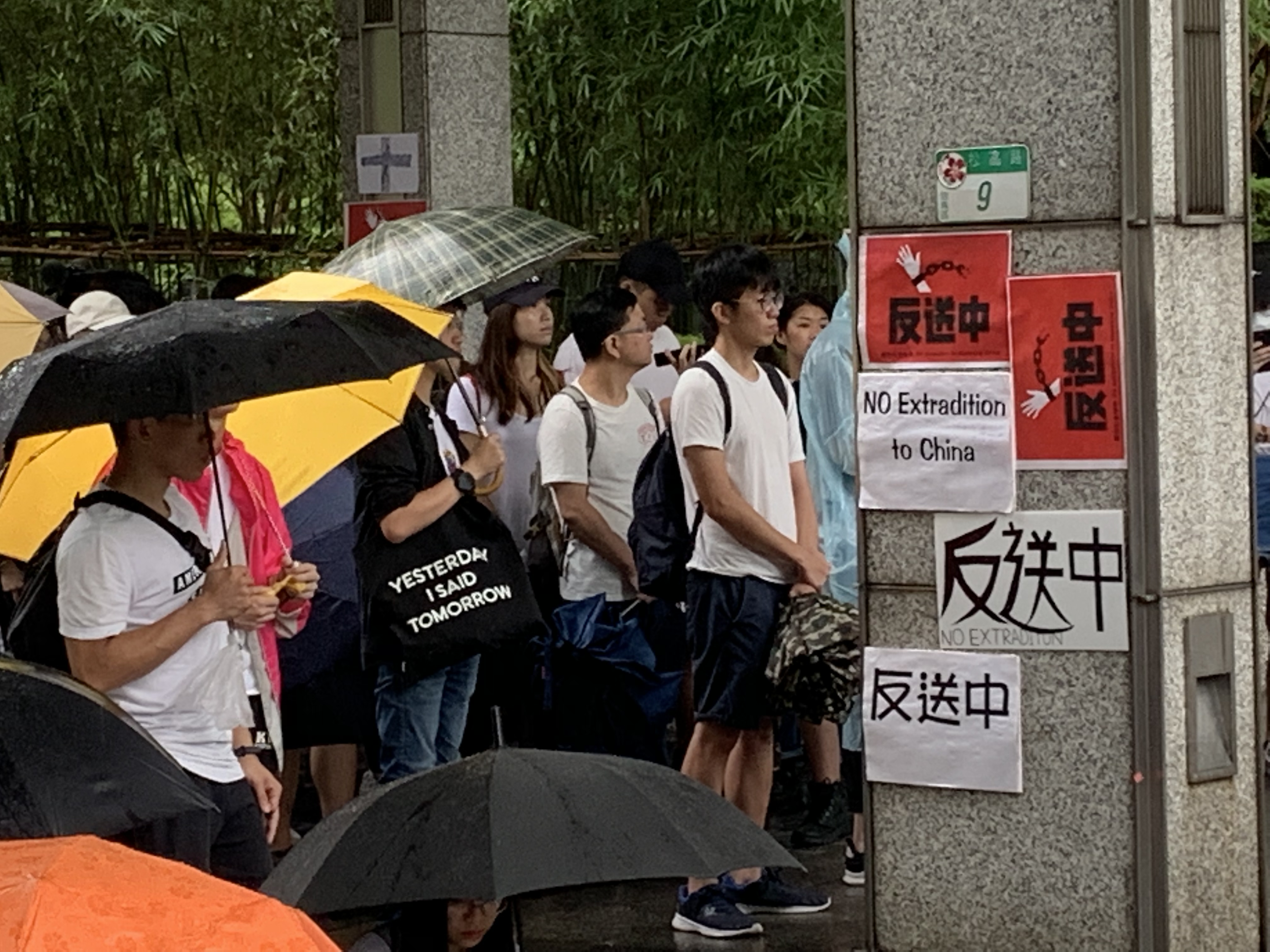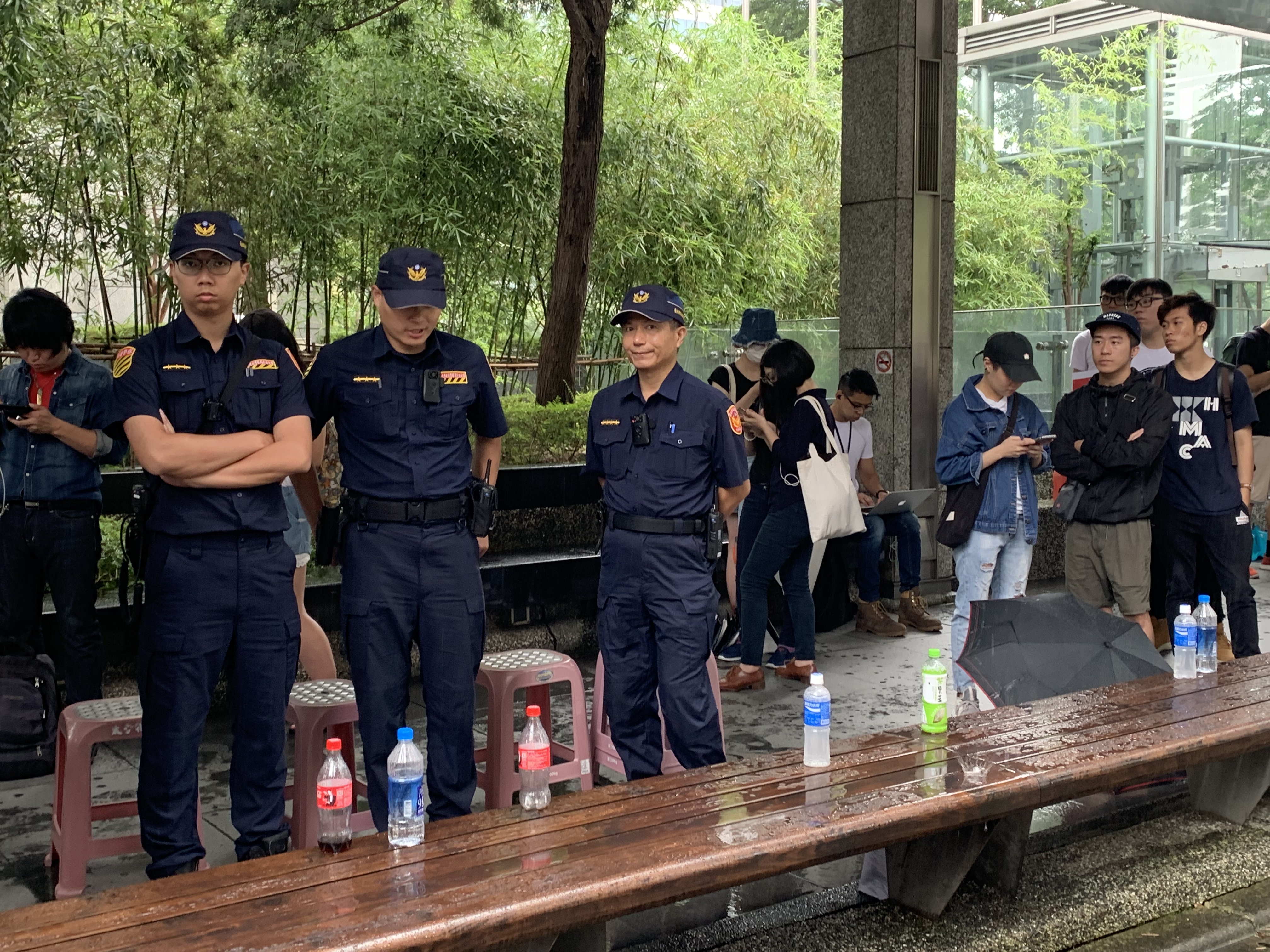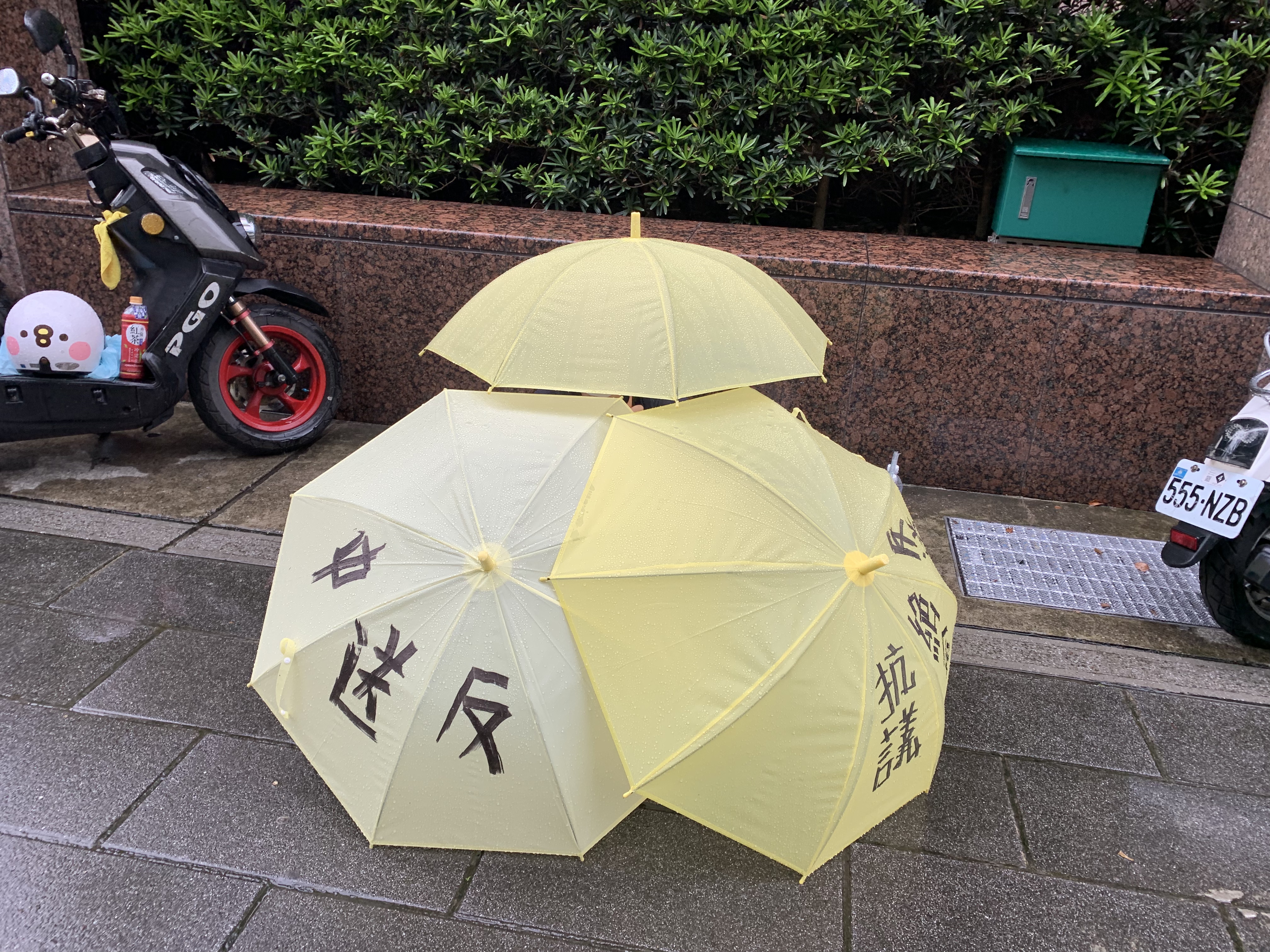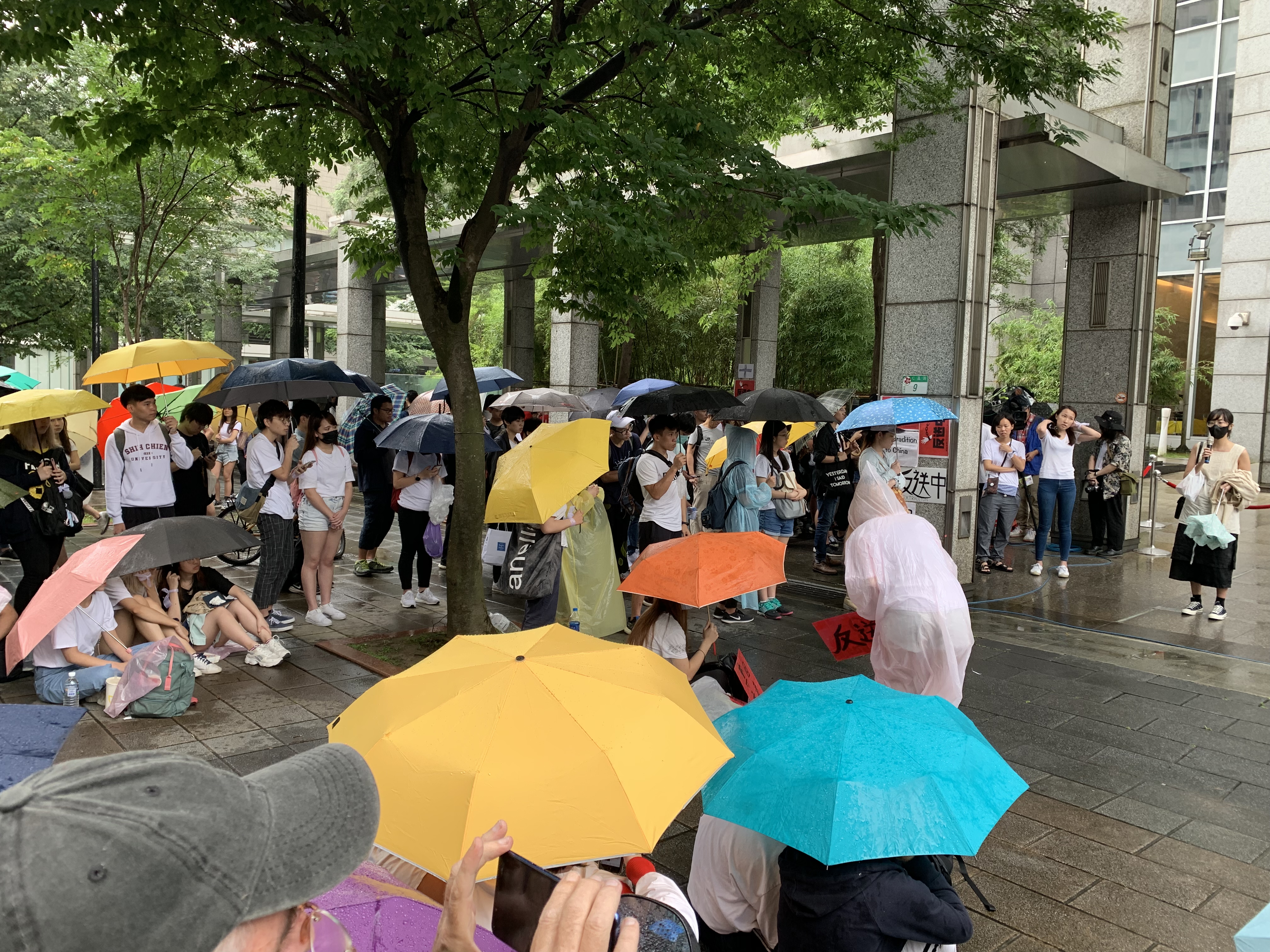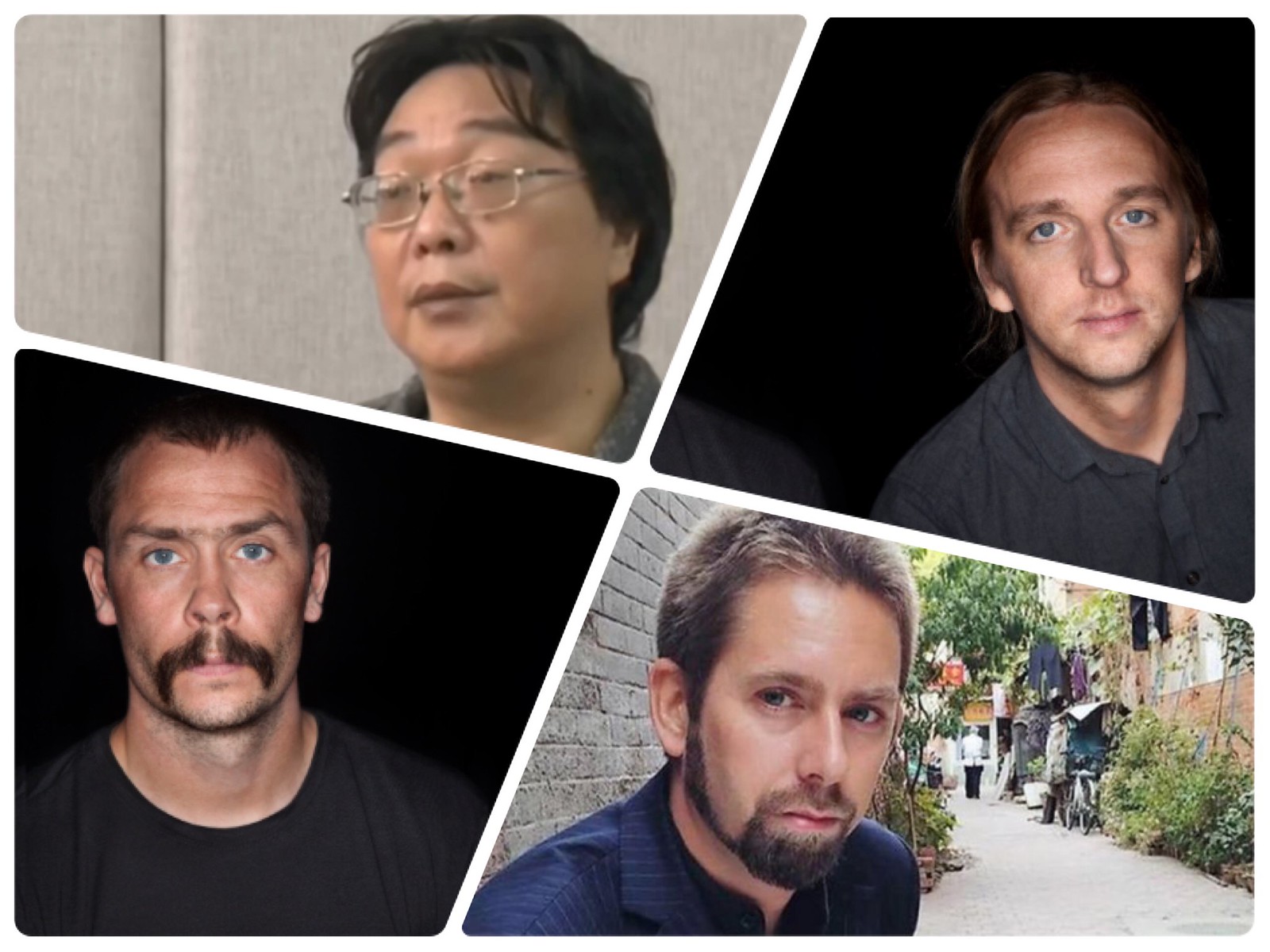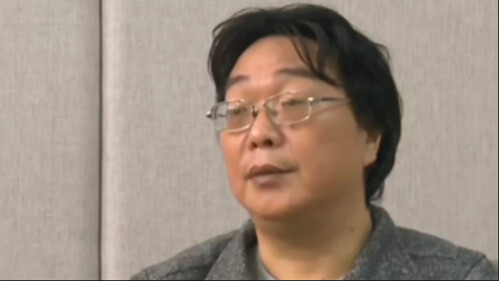 |
| I don't have a relevant cover photo so enjoy this picture of an antique shop in Taipei |
People often ask me why I've chosen to settle in Taiwan, or why I've stayed here so long but only spent a year in China.
I point out that while I have always found people in China to mostly be friendly and hospitable, the food ridiculously good and culturally and historically it's fascinating, there are a few things I just can't stomach which make it difficult for me to live there. One is political freedom (including practical matters like easily getting online to access the open Internet, or just being able to speak your mind publicly without fear). Another is the pollution. Still another, I say, is sexism.
"Wait, China is more sexist than Taiwan?" is a common reply. "But everyone knows women in Shanghai have more power than men!" But "Mao said that 'women hold up half the sky'"? But "there are more women in STEM fields in China than Taiwan!" And once, memorably - "but it's much easier to get reproductive health care in China!" (In Taiwan both birth control and abortions are available but one isn't covered by national health insurance and the other is somewhat restricted).
Without denying that these claims are true - except possibly that stereotype about Shanghai - I still say that China is absolutely less gender-equal or even friendly to women than Taiwan. Why?
Let's start here: a few hard numbers.
Taiwan tops Asia in gender equality (meaning it's ranked higher than China), as a higher literacy rate (98% with a 2% gap between men and women as opposed to China's 96.3% with a larger gender gap, if that number can be trusted). The wage gap in China is (likely) around 22%, whereas it's around 14.5% in Taiwan. So just by the numbers China is simply not more gender-equal than Taiwan.
* * *
Yet the arguments persist, so let's take a look at them, starting with the oft-repeated "but Mao said women hold up half the sky!' and 'whatever male comrades can do, women can too!"
He did say those things, though it takes a lot of soft-focus wishful thinking to think that those goals were fully realized, or that they have brought about a contemporary China that is "more" gender-equal than Taiwan.
And it's true that women's participation in the workforce skyrocketed under Mao, with more women doing traditionally masculine jobs. And as universal primary education (which included girls) was a goal of the CCP under Mao, and that goal was eventually met, we can surmise that literacy rates improved as well (on a tight schedule I can't find anything specific about this but it seems to be a safe assumption - and as far as I can tell there isn't any clear gender equality data from that era). However, even then there was great variation in literacy rates. As late as the 1980s, rural and older women sometimes had literacy rates below 3%. And the Marriage Law of 1950 did seek to end concubinage, promote freely-chosen (read: love) marriage and allow divorce (but don't think that's the end of that story).
Beyond that, what you get when you try to defend this position is propaganda-tinged, oversimplified and not wholly justifiable. It is not an obvious conclusion that Mao's reforms would necessarily include gender equality, as Marxism and Leninism are all about eradicating class differences and don't necessarily say anything about the patriarchy as male domination (in fact, the number of self-styled Communist men I've met who are sexist as hell and don't even realize it is...less surprising than you'd think.) In any case, one of the greatest obstacles to setting up Mao's ultimately disastrous 'ideal' was the resistance to ending traditional gender roles.
It's even been argued - and I'd agree - that discourses that have been touted as 'ensuring gender equality' in Communist China were actually used to silence discussions of gender, depoliticize gender as an issue, and make it difficult or impossible to debate or acknowledge gender inequality or advocate for improvements. Rather than make male and female equal, the point was to erase the female. In any case, it's hard to say that the CCP ever really stood behind gender equality when, through its entire rule in China, women have never been at the helm of power. That's not the case in Taiwan.
In fact, by 1953, here's where Mao's China was in relation to gender equality:
...the government realized that the economy could no longer absorb the amount of labor power that it had mobilized. Besides, the implementation of the new
Marriage Law, unlike the Land Law, brought about strong and widespread opposition from male members of the society. Murder and suicide of women who sought to
terminate their marriage reached such a high level that the government decided that collective stability rather than individual freedom, particularly freedom of women, was
now to be given priority.
For the next several years, there were more stiff regulations about divorce, and the government advocated women’s domestic duties and the importance of harmonious family life. Campaigns were launched to encourage women to be socialist housewives and model mothers, emphasizing the domestic responsibilities of
women.
The situation did improve from there, with women brought back into the workforce soon after (though mostly to do work more typically associated with women - think caregiving work, kindergarten teaching etc.) This persisted - discussed in the link above - through the Cultural Revolution. Overall gains can be seen but they were "mixed" and "inconsistent". (From there this source starts to sound like it's trying to prove that Mao-style Communism was better for women than...not that, and that's where I get off that train.)
In any case, looking at the legacy of Mao-era China, it doesn't seem like it's done modern China much good. Female leaders? Nah. Wage equality? As a link in the next part shows....nah. As late as the 1990s, it hadn't put women on truly equal footing in education or employment. Workplace equality remains a massive issue. As of today, women in China are sometimes - perhaps often - treated more like sex objects or a dating market in Chinese workplaces. Education equality? Mostly yes, until you hit the PhD level, which is another way of saying "not entirely". The article gets it just right: being educated (up through Master's level) is a plus in East Asia, and desireable in 'wives' in more affluent circles. Getting a PhD, however? Well then you're just a terrifying, genderless freak who scares men away and clearly doesn't prioritize family and children. (This can be a problem in other countries too - it's not unique to China).
I'm sorry, but I just find the notion that because Mao said a thing one time, that this thing was true of China in his time, or is true of China now.
* * *
Although it's arguably the least meaningful of the arguments listed above, I want to talk about the whole "Superwomen of Shanghai" stereotype next. Even if it were true, one exceptional city doesn't make up for an entire nation of patriarchy. And I have serious doubts that it's true. The marriage market (a literal, physical market) in Shanghai is famous, and filled parents and grandparents trawling for spouses for their offspring. I could accept that as a 'cultural thing', but it's clear that the offspring in question aren't entirely pleased about it:
"Does your daughter know you're here?" I ask.
"Yes. But she hates it. She tells me to go on the dates myself. Kids these days hate parental involvement in these matters," Tsai says.
And there's no denying that these marriages are not actually based on people the younger generation might actually want to marry, but something more oriented to the family and their reputation:
Marriage already is such an important part of a Chinese family's reputation but parents these days only have one chance to get their future planned out right.
That too, I could accept if it were a way of doing things that every generation - including the one being married off - had signed on for. But it clearly isn't. While most Chinese women probably do just want to find love and have a family like most people around the world - it's a very human desire - but it seems clear to me that these sorts of tactics (among others) aren't 'traditional' so much as 'last resort' aimed more at fulfilling specific life goals (such as wanting a family) and societal expectations, as well as making older relatives happy than at actually finding love. In any case, I'm not convinced marriage is a good deal for women in most parts of the world, and China is no exception.
(If you're wondering how I can say that as a happily married woman, it's because I happened to get ridiculously lucky. My expectations of a feminist, egalitarian marriage are stratospherically high and the chances of finding a man who'd be on board with them, whom I otherwise loved and loved me back, were actually quite slim.)
So it's hard for me to agree that Shanghai is some beacon of women's equality when one of the most unfeminist events in the world takes place there. Besides, while I've heard that line a lot, it's always been anecdotal and from an 'orientalist' perspective (as this is), not proof of a real trend. I haven't seen any data to back it up, nor is it clear that any exists. If anything, I've seen the opposite - the gender wage gap may be narrower in Shanghai, but it still exists. There seems to be a lot of talk about how "Shanghai husbands do housework" but no research into whether or not this is actually true.
What there is a lot of, however, is propaganda without any real proof:
Because come on, it's not like we can trust Global Times, Shanghai Daily or China Daily (I wouldn't trust The Star, which is Malaysian, either.)
It sounds to me like perhaps Shanghai's relatively urban and international culture as compared to the rest of China has maybe (maybe) resulted in a slightly better social contract for women, and that was turned into this whole thing where "in Shanghai, women have it better than men!" because apparently giving women something just a little bit better than utter garbage is equivalent to giving them the sun, moon and stars more making them "superior". And it surely doesn't mean the rest of China is doing particularly well:
The current situation of gender equality can be read with certain global indicators. China’s Gender Development Index is situated in Group 2 out of five groups of countries, and estimates its Gender Gap at 0.945 on a scale of 0 to 1, 0 being the most unequal and 1 the most equal. The female Human Development Index is at 0.718 and the male’s HDI is at 0.753 (United Nations Development Programme, Human Development Reports Table 4: Gender Development Index). Life expectancy and years of schooling roughly reflect the same reasonable difference between Chinese men and women. However, the discrepancy in the estimated gross national income per capita is of no less than 5,125$ (10,705$ for women vs 15,830$ for men).
This observation hints at the fact that gender equality might have improved in certain areas, while stagnating or perhaps even declining in others, as a result of Post-Mao economic and social reforms.
* * *
"But...there are more female engineers in China than Taiwan!" or "China has a huge number of women in STEM!"
Does it, though?
While I won't defend the male-dominated nature of STEM fields in Taiwan (or most of the world), I can't find any data to support that point, though I feel like I've seen some before. If anyone knows of any such data, please pass it along. In any case, pretty much every source points out that women's participation in STEM in China is actually lower than it should be, and sexism is rampant. China is not listed as a country where women have achieved parity in STEM by the World Economic Forum (and if you think "well they probably just hate China and don't understand it's 5000 years of culture, in a recent crap video they put out they listed Taiwan as "Taiwan, China", so...).
So I'm honestly just not sure this is true, or if it is I can't find any proof.
* * *
As for women and reproductive health, come on. The sources above already detail how historically, the CCP has used women - their bodies, their labor, their roles in society and the family - in whatever way suited them and "the country" (but really just them). That's just as true today. When the needs of the party happened to bear a passing resemblance to feminist objectives of greater gender equality, they latched onto that as a justification for their authoritarian nation-building that Westerners might be sympathetic to. In other words:
China has some of the least restrictive abortion laws in the world, but that has nothing to do with state support for bodily autonomy—it’s because abortion coincided with the government’s desires. Female bodies have always been treated as state property that yielded what the country needed....
Mao Zedong’s famous quote, “Women hold up half the sky,” is often touted by those who cite China’s high female employment rate (reaching its peak in the late 1970s at 90 percent employment for working-age urban women) or number of self-made female billionaires as evidence of significant progress toward gender equality....
But beneath this apparent commitment to empowering women, much of the feminist messaging has always been propaganda more concerned with boosting the labor force than actually promoting women.
This was true in the past and it's still true now. Women's reproductive rights in China follow a similar trajectory.
Meanwhile, the popular narrative has gone from “delayed motherhood is beneficial for women’s health” [the official message in state media when they wanted to convince people of the so-called sensibility of the One Child Policy to meet national goals of controlling the population] to “pregnancy during university improves employment chances in the future.” “Painless abortion” ads were seamlessly replaced by “painless childbirth” ads. Huang Xihua, a National People’s Congress representative who is outspoken on women’s topics, has condemned the high number of abortions that she blames for damaging women’s health, and she has also recommended that the marriage age for women be lowered to 18. All of these narratives are wrapped around the will of the party itself, which is that “giving birth is not only a family matter but also a national issue."
The new natalism has the old skeleton of state control, molded with fresh flesh.
When the CCP wants women to have fewer babies, they aim their propaganda cannons that way. When they want them to have more babies (or decrease the labor force while increasing the population), they get pointed another way. It never had anything to do with women's reproductive freedom. How could it have, from a government so blithely unconcerned with the notion of 'freedom' in general?
The “one child” propaganda of yesteryear is being condemned for “morbid unluckiness” and supplanted by a celebration of traditional family values and natural feminine roles of daughter, wife, and mother. Banners, newspapers, TV shows, industry experts—every available medium is being turned into part of a propaganda machine touting the benefits of giving birth for the nation.
(The rest of that article is fascinating, by the way, and you should read it.)
Don't ever forget - China may have easy access to abortion (for now - do finish reading that article), but that has also led to forced abortions. As you would expect, those who suffer the most from being coerced into abortions are not wealthy, married or Han. They're the poor, unwed, rural or ethnic minorities. The CCP doesn't just want to decide whether people should be having more children or fewer - they want to control who has what they would consider 'high-quality' (affluent, in wedlock, Han) children.
Just try and tell me that this is 'reproductive freedom' in any sense. It's just another way to control female bodies for state benefit.
* * *
I'm not trying to pretend that Taiwan is some sort of utopia for women - it's not. So much needs to be done, from wage equality to fixing reproductive health care (to make it affordable and accessible to all women) to fixing the divorce and adultery laws, and enforcing the gender equality laws that are already in effect. We need to make sure that women actually get access to everything the law affords them. We need to change societal attitudes to be more modern, and this is entirely possible within a Taiwanese context.
But, come on. Let's not pretend that because Mao said a thing about women one time that sounded progressive, that China is doing better than Taiwan. Wage inequality is less severe here. Women are more likely to be literate (by a small margin). Nobody is forcing women to have abortions (though forcing women to bear children they don't want because they can't access abortions is another story). Although parents still meddle in their children's affairs - "the Lins are coming for dinner and their handsome son who is studying to be a doctor will join them! Won't it be nice to meet him? Do wear something nice!" - there aren't news stories about marriage markets full of grandparents that their grandchildren are horrified to hear about.
So please, stop pretending China's beating Taiwan in this regard. It simply is not.



